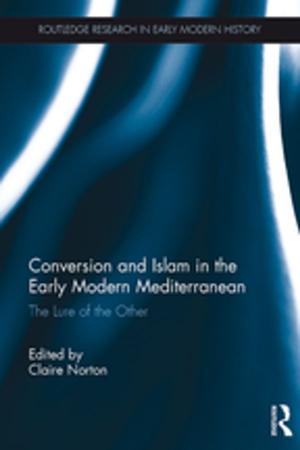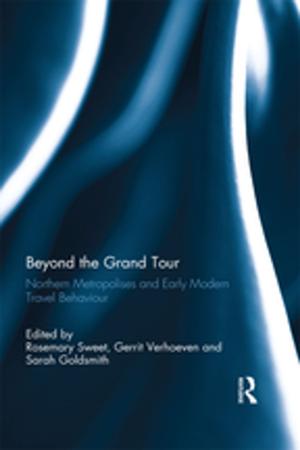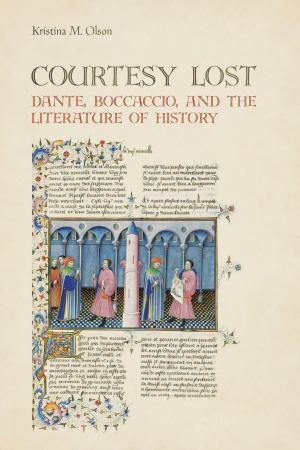| Author: | Richard Di Giacomo | ISBN: | 9780985300654 |
| Publisher: | Richard Di Giacomo | Publication: | September 22, 2015 |
| Imprint: | Smashwords Edition | Language: | English |
| Author: | Richard Di Giacomo |
| ISBN: | 9780985300654 |
| Publisher: | Richard Di Giacomo |
| Publication: | September 22, 2015 |
| Imprint: | Smashwords Edition |
| Language: | English |
This book explains the emergence of the idea of a new world. The collective discoveries of Christopher Columbus, Amerigo Vespucci, John and Sebastian Cabot, and Giovanni da Verrazzano constitute a distinct Italian Era of Discovery which laid the groundwork for all other voyages which followed. The Italian discoverers deserve a place alongside the well-known Humanists in the history of art, literature, philosophy, and government by virtue of their research and accomplishments. The explorers also made original contributions to the fields of science, navigation and cartography. The world view of the Italian explorers evolved to include the concept of a new world. They had to reevaluate their cosmography and change the maps to reflect their new knowledge. The concept of a New World was equally profound as that of a new age. The most important contribution of the Italian explorers was not what they found, but the change in thinking that took place when they tried to explain their discoveries. This book has been read by those with an interest in the Age of Discovery, Renaissance Humanism, and the history of the New World. It has been used in university classes as required reading in classes related to these topics.
This book explains the emergence of the idea of a new world. The collective discoveries of Christopher Columbus, Amerigo Vespucci, John and Sebastian Cabot, and Giovanni da Verrazzano constitute a distinct Italian Era of Discovery which laid the groundwork for all other voyages which followed. The Italian discoverers deserve a place alongside the well-known Humanists in the history of art, literature, philosophy, and government by virtue of their research and accomplishments. The explorers also made original contributions to the fields of science, navigation and cartography. The world view of the Italian explorers evolved to include the concept of a new world. They had to reevaluate their cosmography and change the maps to reflect their new knowledge. The concept of a New World was equally profound as that of a new age. The most important contribution of the Italian explorers was not what they found, but the change in thinking that took place when they tried to explain their discoveries. This book has been read by those with an interest in the Age of Discovery, Renaissance Humanism, and the history of the New World. It has been used in university classes as required reading in classes related to these topics.















